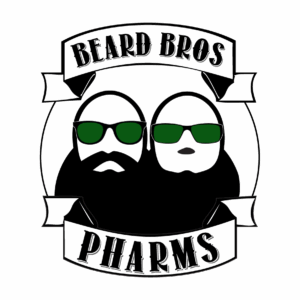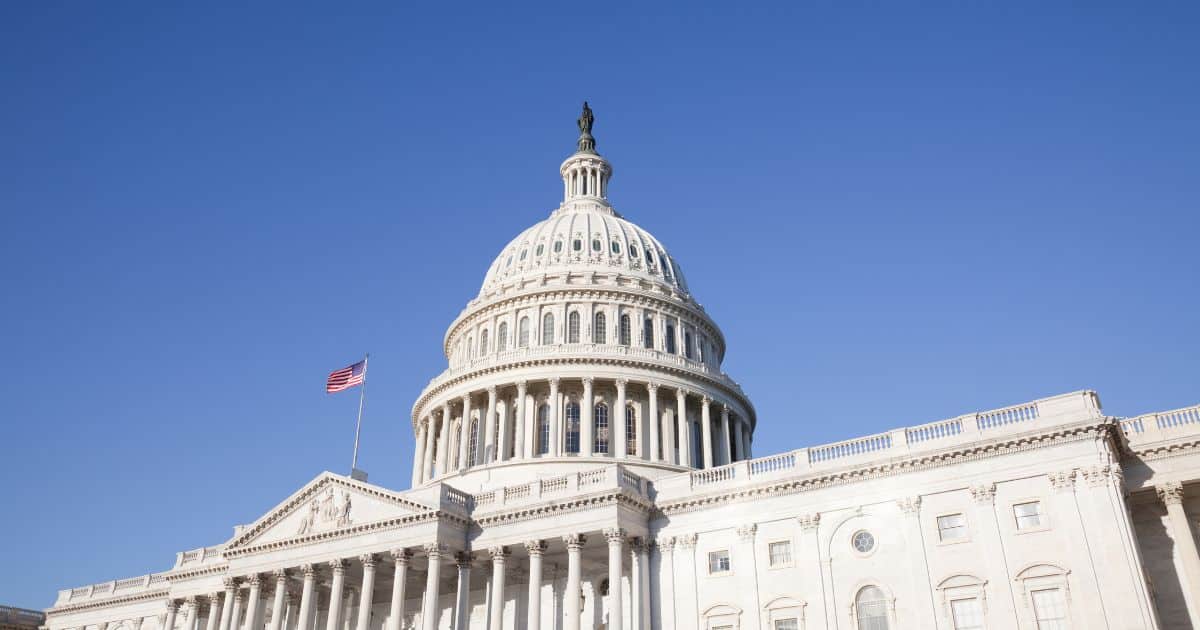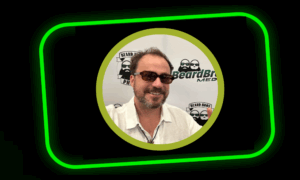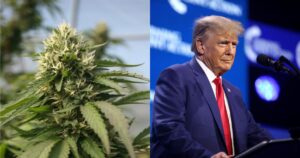As our society becomes more aware of the mental health struggles faced by our veterans, it is crucial that we explore all available options for treatment. That’s why the recent congressional hearing on psychedelic therapy for veterans last week was a groundbreaking event and the first of its kind that could potentially change the landscape of mental health care for those who have served and given everything for our country.
The first-ever hearing focused specifically on the use of psychedelics in treating mental health conditions, particularly among veterans. This is a major step forward in recognizing the potential of these substances to provide relief for those suffering from PTSD, depression, and other debilitating disorders.
But beyond just bringing attention to this issue, this hearing marks a starting point for veterans to gain better access to these alternative treatments and receive support from the VA. For years, our veterans have been limited in their treatment options, often relying on traditional methods that may not be effective for everyone.
Now, with the support and recognition from Congress, we are entering a new era of mental health care for those who have served our country.
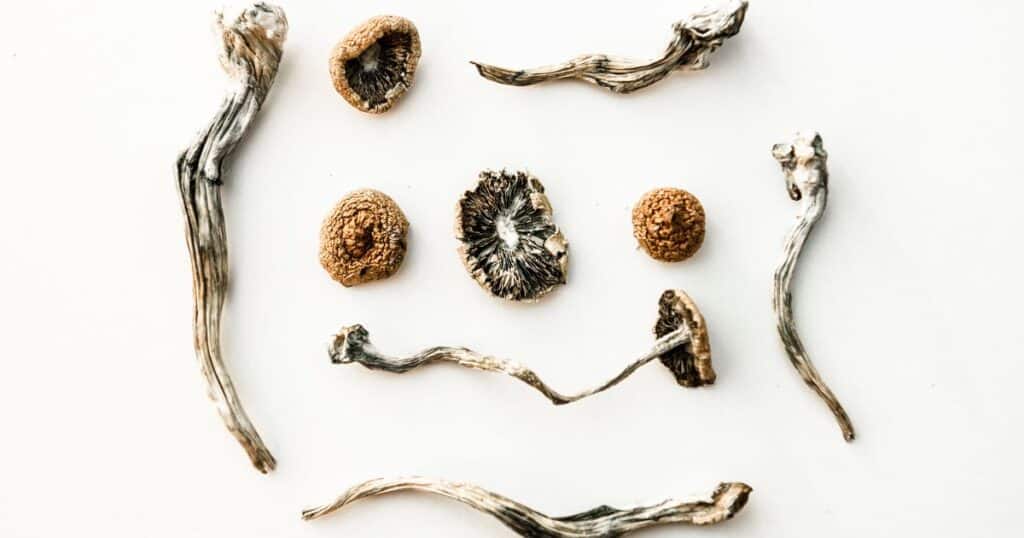
Psychedelic therapy refers to the use of mind-altering substances, like psilocybin (found in “magic mushrooms”) and MDMA, in a therapeutic setting under the supervision of trained professionals. These substances have been used for centuries by indigenous cultures for spiritual and healing purposes, but it wasn’t until recently that they gained attention in Western medicine.
In the 1950s and 1960s, psychedelic therapy was being studied for its potential in treating mental health conditions such as depression, anxiety, and PTSD. However, due to the stigma surrounding these substances and their classification as scheduled drugs under the CSA, research was largely abandoned.
However, with the resurgence of interest in alternative therapies and advancements in scientific research, psychedelics are once again being explored as a potential solution for those struggling with mental health issues. The recent congressional hearing is helping to bring this treatment into the mainstream and open up more opportunities for research and development.
The Unique Needs of Veterans
Our brave men and women in uniform face unique challenges during their service, which can have lasting effects on their mental health. Yet, when they return home, many struggle to access the support and treatments they need through VA facilities.
The VA has been criticized for long wait times, limited resources, and inadequate treatment options for veterans seeking help with mental health issues. Additionally, traditional treatments such as medication and talk therapy may not work for everyone, especially when it comes to treating conditions like PTSD. This is where psychedelic therapy offers a new path for veterans to find relief and healing.
By addressing the root cause of their mental health struggles through guided psychedelic sessions, veterans can potentially see long-lasting improvements in their well-being. And with the conversation introduced in Congress, we are one step closer to making this a reality for our veterans.
The hearing featured a panel of witnesses from various backgrounds, including veterans, researchers, and advocates for psychedelic therapy. Each witness shared their personal experiences with this form of treatment and spoke about its potential to change the lives of veterans.
Rep. Mariannette Miller-Meeks (R-IA), opened the hearing by saying:
“I’m excited about this first house committee on Veterans Affairs hearing on the potential for psychedelic-assisted therapy treatments in the emerging battle against suicide or as we like to say emerging therapies or breakthrough therapies.”
“I’d also like to say that is a physician who practices traditional medicine I never thought I would enter Congress to be then advocating for emerging breakthrough therapy, but I think the science is leading the way the VA dedicates a considerable amount of its budget and resources in pursuit of evidence-based treatments for veterans who suffer from post-traumatic stress disorder, and other cognitive disorders for many veterans this treatment is life-saving but more work needs to be done it is a sad reality that close to 17 veterans per day will lose their lives to suicide.”
“One life lost to suicide is one to many and our fight must continue psychedelic-assisted therapy is a groundbreaking clinical procedure that has the potential to transform the way we look at mental health care.”
Rep. Julia Brownley (D-CA), said that “the landscape of psychedelics has evolved significantly in recent years.”
“We must weigh the risks and rewards carefully recognizing the need for safeguards while also fostering innovation at VA and other federal agencies and expanding treatment options,” she said. “This is also an exciting topic because of the time when much of Congress is polarized and partisan, this is one area where many of us on this dais agree that more should be done to research psychedelic-assisted therapy.”
Despite the promising potential of psychedelic therapy, researchers have faced significant barriers in studying these substances due to their classification as Schedule I drugs under the Controlled Substances Act (CSA). This strict classification means that these substances are deemed to have a high potential for abuse and no accepted medical use. As a result, obtaining approval and funding for research has been challenging, leading to limited studies and a lack of understanding of their effects.
Dr. Carolyn Clancy, of the Veterans Health Administration, testified at the hearing stating that she is not aware of any research barriers that the VA faces in conducting its own trials with psychedelic therapy. She explained that while there are FDA and DEA requirements that must be met, she does not believe Congress needs to intervene to streamline the process.
However, advocates argue that Congress can play a crucial role in removing barriers for research and access to psychedelic therapy for veterans. By reclassifying or declassifying these substances could provide more resources and support, the VA can better serve our veteran community and address their unique mental health needs.
Rep. Morgan Luttrell (R-TX) raised concerns during the hearing about the potential roadblocks facing veterans seeking psychedelic therapy through the VA. He expressed his fear that this effort to expand research and access may not come to fruition due to communication issues between the VA and FDA.
🚨First-Ever Congressional Hearing On Psychedelic-Assisted Mental Health Care For Veterans Will Be Held Tuesday @HouseVetAffairs!
— Congressman Morgan Luttrell (@RepLuttrell) November 14, 2023
The effects are groundbreaking. We must continue pushing forward to get veterans & service members the help they deserve.https://t.co/WzUHgJOLzt
“My concern is that it dies on the vine between the communications between the VA and possibly the FDA.”
Asking the VA panel “We need to know and the veterans behind you would love this answer too. Is the FDA seeming like they’re playing ball with us in order to get this thing moved accordingly?”
Clancy responded by saying ” I don’t actually have a way to assess that but, they are an independent body and they have very very serious responsibilities, I have no doubt whatsoever because I have full confidence in the FDA commissioner currently that um there’s any reason for them to be foot-dragging here I think this is a tough challenge.”
Dr. Rachel Yehuda Ph.D. of the Department of U.S. Veterans Affairs, went on to talk about a current study being performed for MDMA-assisted therapy showing promise.
“I can say that I’m extremely encouraged by what we have seen and there’s every reason to be extremely optimistic that this is not only um a therapy that can help veterans reduce their PTSD but also give them um a way to reconnect with their purpose and mission and find ways for them to be more integrated with their families and societies so we’re very very hopeful.”
You can watch the full hearing titled “Emerging Therapies: Breakthroughs in the Battle Against Suicide?” below.
Future of Psychedelic Therapy for Veterans?
Veterans have long struggled with mental health issues, often stemming from their experiences during military service. Despite the efforts of the VA to provide evidence-based treatments for conditions like PTSD, many veterans still struggle to find effective relief. However, with the recent attention given to psychedelic therapy for veterans, there is hope on the horizon for those who have endured mental health challenges for far too long.
As research into psychedelic therapy continues to show promising results, it is predicted that this emerging form of treatment will play a significant role in the future of veteran mental health care. With its potential to provide lasting relief from symptoms of PTSD and other cognitive disorders, psychedelic therapy has the ability to transform how we approach mental health care for veterans.
Furthermore, with the support of advocates in Congress and within the VA, there is a growing push to remove barriers and increase access to psychedelic therapy for veterans. This includes efforts to reclassify or declassify psychedelics, as well as advocating for more funding and resources for research into their potential benefits.
But what does the future hold for psychedelic therapy and its impact on veteran mental health? While there are still many unknowns, experts believe that this form of therapy has the potential to greatly improve the lives of veterans.
By providing a new way to address trauma and other mental health challenges, psychedelic therapy could open doors for healing and offer hope for those who have struggled with traditional treatments.
Of course, as with any new form of therapy, there are also potential risks and challenges to consider. While early studies have shown positive results, more research is needed to fully understand the potential benefits and risks of psychedelic therapy for veterans. It will be important for regulations and guidelines to be put in place to ensure safe and responsible use of these substances.
So what can veterans do to advocate for increased access and support from the VA for psychedelic therapy?
One way is to share their own experiences and successes with this form of treatment. By speaking out and raising awareness, veterans can help break down barriers and destigmatize psychedelic therapy within the veteran community.
Additionally, it will be important for veterans to continue to work with Congress and the VA to push for policy changes that support access to this promising form of therapy. By staying informed and involved, veterans can play a crucial role in shaping the future of mental health care for themselves and their fellow servicemembers.
Enjoyed that first hit? Come chill with us every week at the Friday Sesh for a freshly packed bowl of the week’s best cannabis news!
- Maryland Leads the Way in Cannabis Pardons, Setting an Example for Much-Needed Cannabis Reform
- Military Construction and Veterans Affairs Bill Amendments Could Change Medical Marijuana and MDMA-Assisted Therapy Options for Veterans
- Thailand’s U-Turn on Recreational Cannabis Use
- Chicago Police Department Revises Policy on Searches Based Solely on Marijuana Odor
- Ohio’s Senate Bill 56 Postponed, Leaving Details of Issue 2 Still Unresolved
- Sports Stars and Well Known Entertainers Join Forces Calling on Trump for Cannabis Reform

